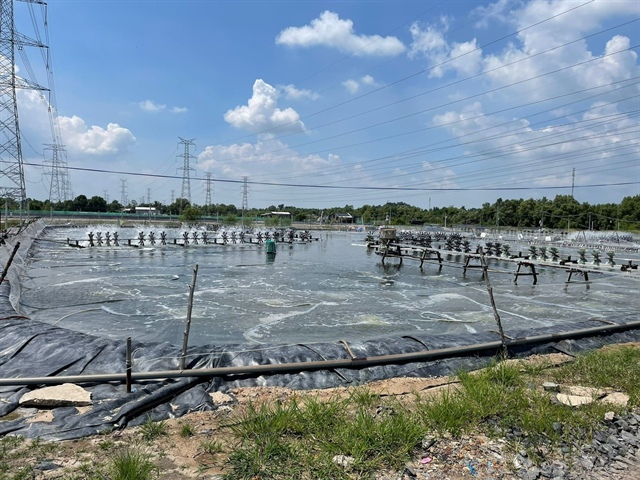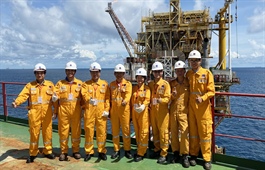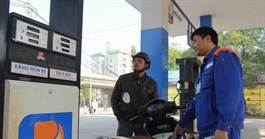Grobest Vietnam partners with AquaEasy for a better shrimp farming
Grobest Vietnam partners with AquaEasy for a better shrimp farming
AquaEasy, the AIoT solutions for shrimp farmers, continues its journey of contributing artificial intelligence (AI) to shrimp industry under the new partnership with Grobest Vietnam.
AquaEasy, a spin-off venture under Bosch's innovation hub grow, is a comprehensive AIoT solution commercially deployed in the Mekong Delta, assisting farmers to lower costs, increase productivity, and put the shrimp industry on a more sustainable footing both economically and environmentally.
|
On October 19th, the start-up announced its tie-up with Grobest Vietnam with the aim to improve whiteleg shrimp farming, taping on the potential industry as Vietnam is the world’s third-largest producer of farmed whiteleg shrimp and giant tiger prawn. Under the agreement, Grobest Group will introduce AquaEasy’s smart innovations to their customers, including AI-driven solutions, intelligent feeders (i-feederTM) and ShrimpTalkTM.
Grobest Group is a global leader in the development and supply of natural & antibiotic-free feed products for environmentally friendly and sustainable aquaculture. With the mission of “respecting nature for healthy aquaculture”, Grobest has continuously contributed to increasing added-value and sustainable development for aquaculture industry in Vietnam.
TC Ang, CEO of AquaEasy, said: “The partnership is an integral step to realize the potential of high productivity and sustainable shrimp farming using AI, machine learning and the IoT.”
i-feederTM is a smart solution that can offer users feeding suggestions based on AI decision-making algorithms, with the use of data analysis from smart sensors and software that is stored on a cloud. By being able to measure and monitor shrimp farm environment in real-time, it is specifically designed to "listen" to the shrimp's behavior, observe their hunger level, schedule appropriate feeding time, and provide optimized amount of food. As a result, over-feeding is avoided, enabling high productivity and improving farmer’s livelihoods.
























